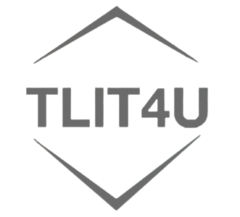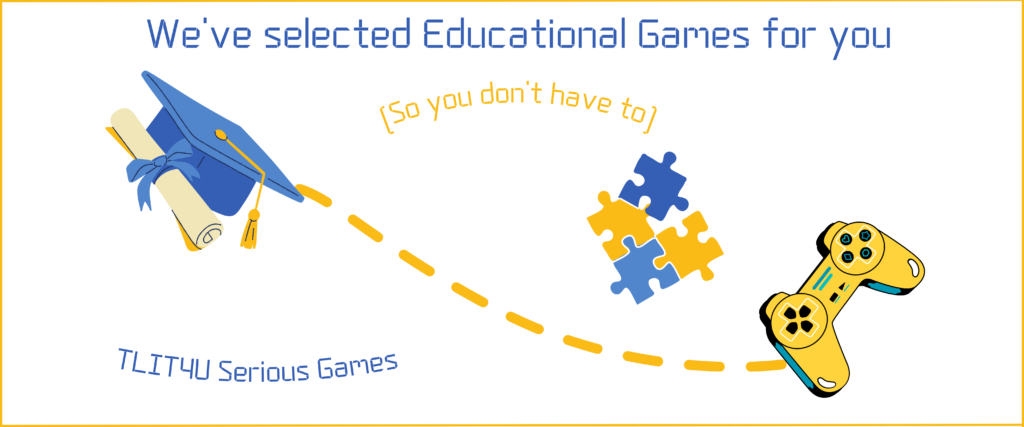The last project result, 4, refers to the actual development of an educational tool – a game to be used by students, teachers, and librarians to form and upgrade transliteracy skills – digital, information, media, data, visual, etc. The developed product has a direct relation to the quality of teaching in universities and non-formal education centers – libraries. Such educational tools, including all these elements of literacy, are still missing, and the application of the already developed serious games is rather limited, especially when it comes to their use for training people outside universities and schools. The desired result of the development and implementation of the final output is related to the actual use of the game in the context of university education and in the library environment as an effective learning tool that has all the necessary attributes to assess the achievements and skills of students.
Welcome to our tool through which you can acquire transliteracy skills by engaging with a variety of digital games! Digital games offer a unique combination of fun, challenges, and learning, thus enhancing students’ motivation and engagement. The website is designed for teachers, librarians, and all education professionals who want to utilize digital games as effective tools in their learning environments. The selected games, with their diverse resource types and learning objectives, guide players through the realms of various transliteracies, aiming to enhance their information literacy and STEAM (Science, Technology, Engineering, Arts, and Mathematics) competencies. Utilizing the sidebar, you can easily select the perfect games to meet your learning or teaching needs. Each game comes with a description, an educational purpose, and an evaluation method. In the Evaluation section of the website, each game is rated on a scale from 0 to 10. The Educational Purpose section offers an example of an instructional process that may incorporate stages of the flipped classroom model, which consists of reversing the nature of in-class and out-of-class activities. The stages can be described as follows: 1) starting a challenge, 2) activation, e.g. by watching the videos and reading articles, 3) processing by playing the game(s) at home or in the classroom, and 4) conclusion and evaluation reflections. This activity can be done alone or with a peer, after playing the game a reflection with the teacher and other classmates. Time management for all these activities can range from short play (less than 1 hour) to medium-duration activities (1 hour to several days). Enjoy your learning experiences with our games and gamified content!
Comments and Discussions on the Game Tool, Marjaana Kangas, February 26, 2024, Rovaniemi, Finland

